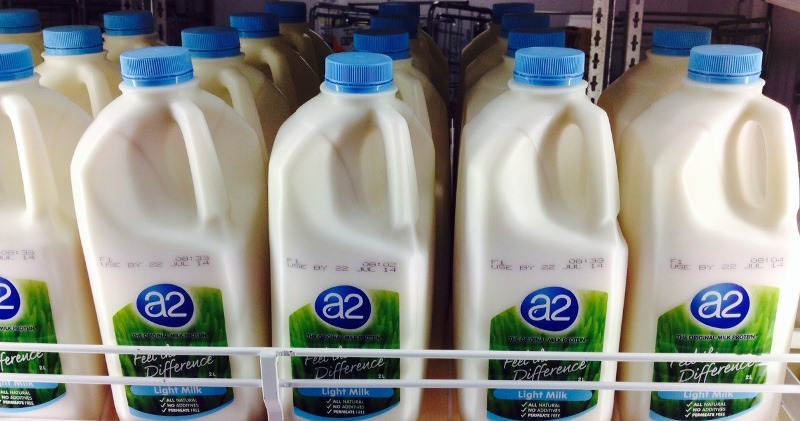Negative Effects of Pasteurized Milk on Your Health
When you are thinking about milk, you probably believe that this is one of the best foods for your bones and your overall health. Children are encouraged to drink a glass of milk every day, because they are growing and they need important nutrients from milk, such as calcium. Moreover, milk and dairy products are always recommended to women, because they are prone to osteoporosis and bone fractures.

But what most people don’t know is that these benefits depend on the type of milk you consume. There is a major difference between raw and pasteurized milk. In fact, if raw milk is promoting a healthy body, the pasteurized one is a real danger to your health.
What happens during pasteurization?
To understand why pasteurized milk is useless or even dangerous for your health, it is necessary to see first how raw milk is used by your body. It is true that milk contains high amounts of calcium, but for its absorption, your body also needs an enzyme, namely enzyme phosphatase. During pasteurization, this enzyme is destroyed. Magnesium, a vital mineral for calcium absorption, is found in very little amounts in pasteurized milk. The result? Your body will no longer be able to absorb the calcium. On the other hand, it has been proven that those who drink raw milk, rich in this enzyme and magnesium, benefit from increased bone density.
Furthermore, even if this enzyme wouldn’t be destroyed, you would still not have the chance to absorb calcium, because its availability is reduced during pasteurization. The situation is the same for the other minerals in milk.
Vitamin C is another nutrient destroyed by the high temperature of pasteurization. Vitamin B is also damaged during this process. Moreover, raw milk contains plenty of antibodies, proteins, and enzymes that are all killed by pasteurization. This way, milk becomes nothing but a devitalized drink, which may actually cause harm, instead of providing nutrients.
When you think about all these things, you may wonder why is pasteurization still such a popular process nowadays. The answer is quite simple: pasteurization brings great financial advantages. Low-quality milk that cannot be sold raw will definitely be sold if pasteurized. It is expensive to produce milk that can be sold and consumed fresh, because it requires certain conditions, such as a safe environment and healthy cows. On the other hand, producing dirty milk and then killing the bacteria through heat does not require a financial effort.
Pasteurized milk and osteoporosis
Of course, on the labels of pasteurized milk, you will notice that it contains calcium. As it was already mentioned, calcium needs some enzymes and magnesium to be absorbed. As these are destroyed during pasteurization, the calcium in this type of milk cannot be absorbed by your body. But what is dangerous for your health is that calcium has been affected by pasteurization, so now it is calcium carbonate. This type of calcium needs a chelating agent in order to be used by your body and to circulate in your blood. The body is forced to take calcium from your bones and other tissues for processing calcium carbonate. This process is harmful, and may lead to osteoporosis.



